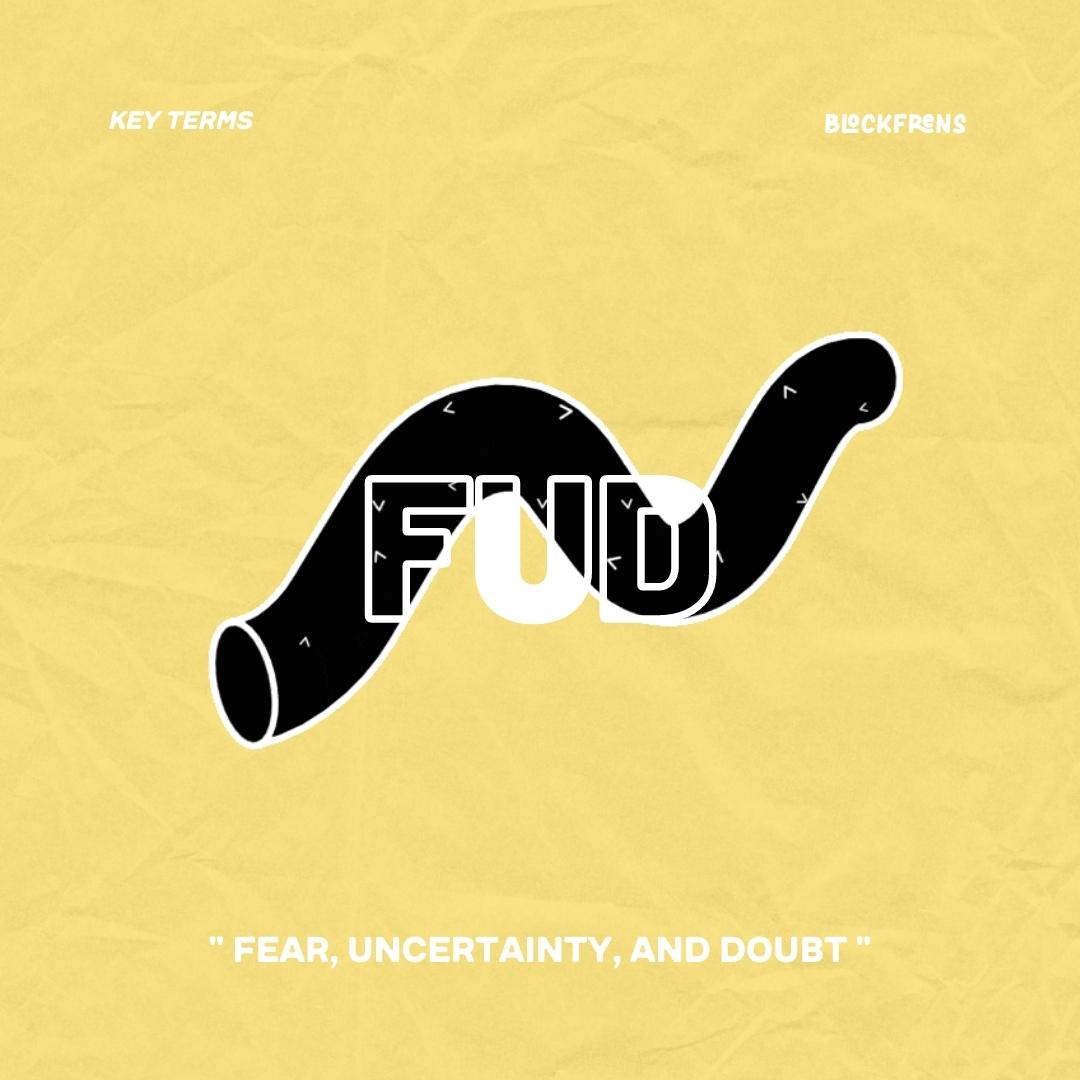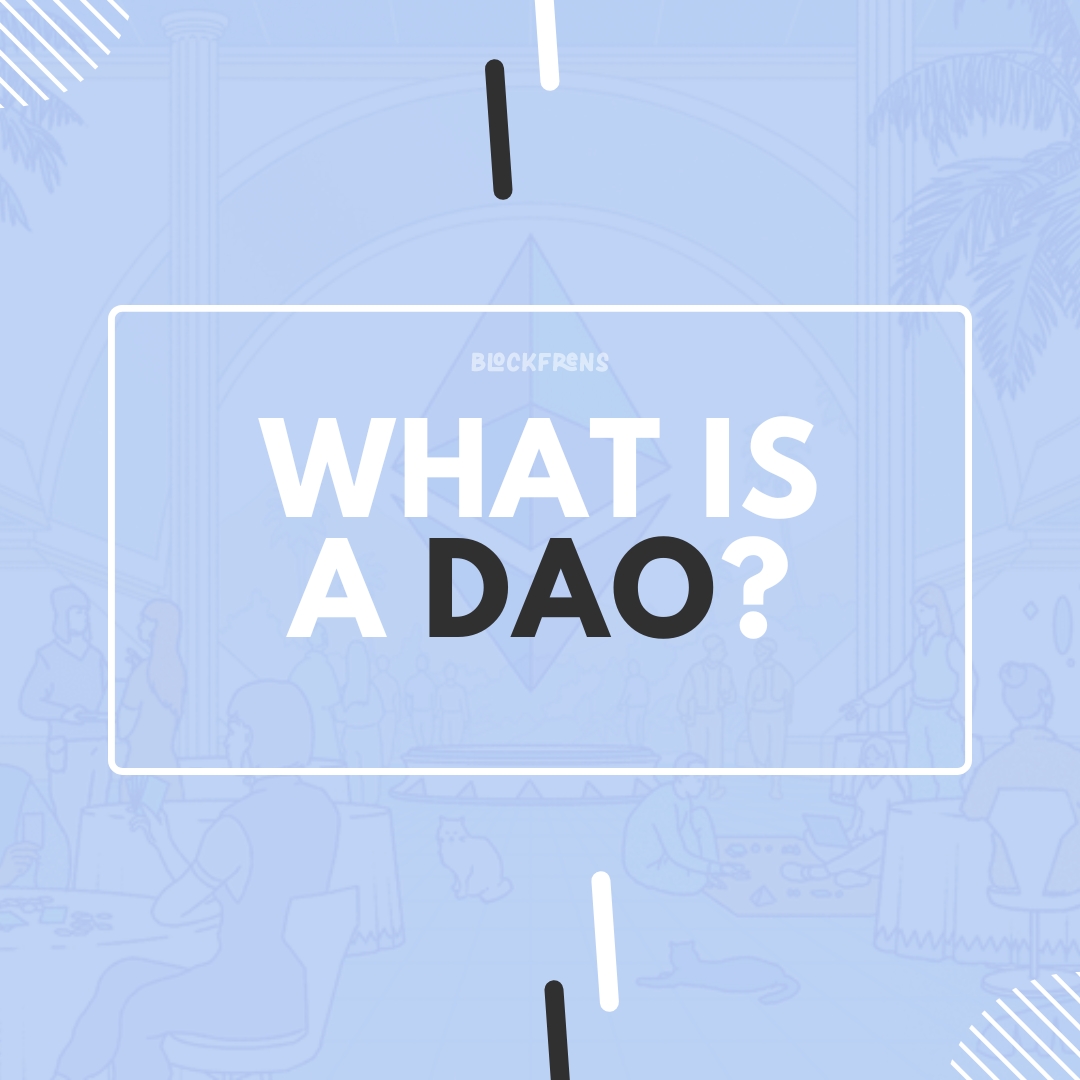What is a Crypto Wallet?
One of the first things you need to do to get started with NFTs and cryptocurrency is to set up a wallet. This can be a daunting task to many, as it requires the user to store long cryptographic keys and odd seed phrases safely to avoid losing their funds and assets. You’ll often hear the phrase “Not your keys, not your coins.” This becomes crucial when deciding where to store your high-value assets.
Most self-custodial wallets are designed for specific blockchains. They require you to interact with the currencies & protocols supported by the chain to send, receive and store your digital assets. For example, Metamask is an Ethereum wallet, you cannot send Bitcoin (another type of cryptocurrency) to Metamask, but you can send Wrapped Bitcoin (WBTC), an Ethereum-compatible version of Bitcoin, to your Metamask wallet without any issues. Like Metamask, Coinbase allows you to buy, send, receive and store your cryptocurrency but is not considered a self-custody wallet as they keep your private keys for you and retain the right to withhold your funds at any time, hence the phrase “Not your keys, not your coins.” Coinbase would be considered a Centralized Exchange or CEX.
We will discuss the importance of self-sovereignty, the differences between centralized & decentralized exchanges, and the significance of safely storing your private keys and seed phrases later.




Leave a Reply
You must be logged in to post a comment.